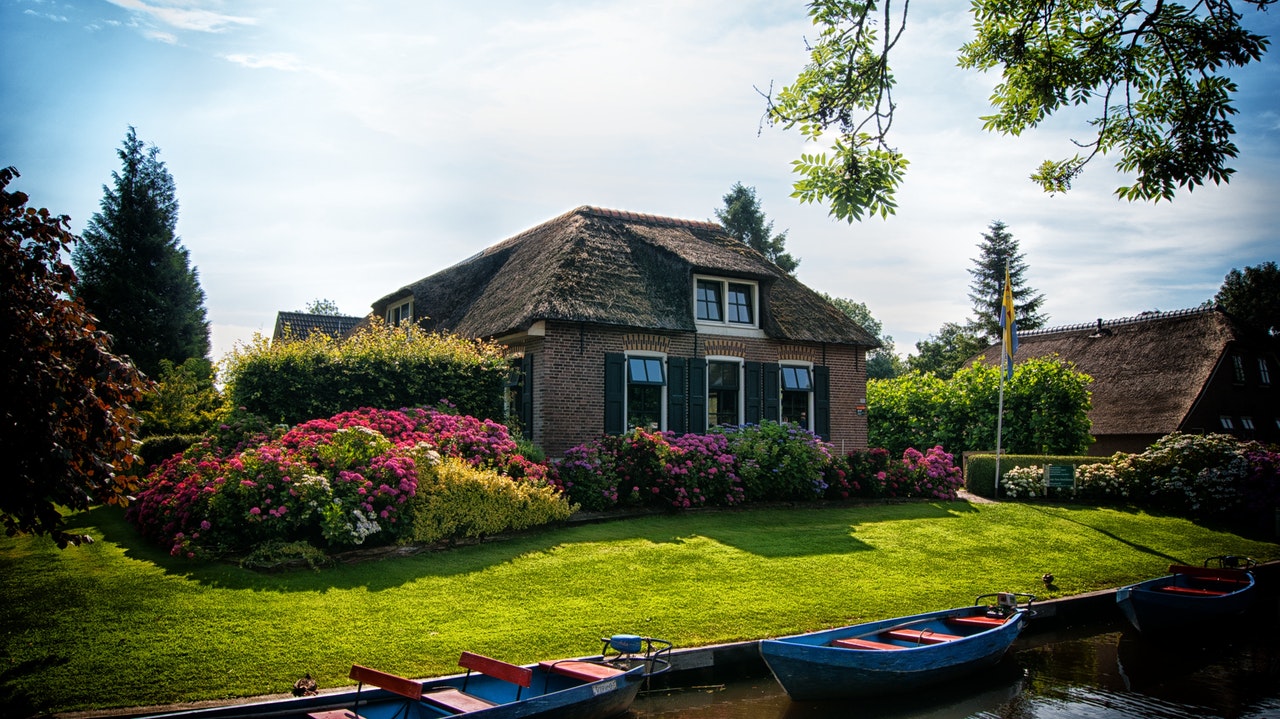
Many of us take out insurance without considering the possibility or consequences of invalidating our policies. While this can certainly happen, it’s easily avoidable by following your insurance provider’s guidelines. To help you avoid situations where your insurance will not cover your losses, we’ve compiled a list of the five main ways in which cover under holiday home insurance policies can be compromised:
1. Alarm
If you advise your insurance provider that you have a working alarm in place they will generally endorse your policy to state that the alarm must be activated whenever your property is vacant. This means even if you go to the shop or pop to your neighbour for an hour. If you are burgled and the police report does not mention the alarm going off, then your insurance company may decide not to cover the loss. Check your alarm at regular intervals to ensure it is providing adequate protection and does not require repairs or fresh batteries.
2. Security
Similar to having an active alarm, if reasonable attempts have not been made to secure your property, your insurance company is not required to cover loss due to theft. To avoid jeopardising your cover, ensure you close and lock all doors and windows fully before leaving the house. Maintain possession of the keys at all times – don’t leave any under the doormat or hidden around the property! In case of loss, do not label your keys with the address of your holiday home, even for the ease of your tenants. Additionally, secure all tools that could be used to access the house, such as ladders or screwdrivers.

3. Tenants
Insurance differs for holiday homes kept for personal use and for letting. If you plan on renting out your home in the future, contact your insurance provider to have this added to your policy. Otherwise, any damage, accidental or deliberate, that occurs while tenants are staying there is not covered by your insurance.
4. Maintenance
While accidental damage is covered by your insurance where the property is not let out, it is generally a requirement to keep up regular maintenance of the property as proper care can prevent many problems from occurring or worsening. This includes work such as cleaning out gutters, fixing damaged windows or doors and draining your pipes in the winter. For a full list of what is required, contact your insurance provider or check your policy carefully.
5. Supervision
Many insurance companies require a holiday home to be checked at least once a month. This allows any damage or break-ins to be noticed immediately and the activity increases the security of the site. If it’s not feasible to visit the property yourself, organise a housekeeper or a property management company to supervise the home for you.
We at OBF Insurance Group hope you have found some information to help you remain covered by your insurance. For more advice on protecting your holiday home, get in touch with a member of our team or check out our previous posts.